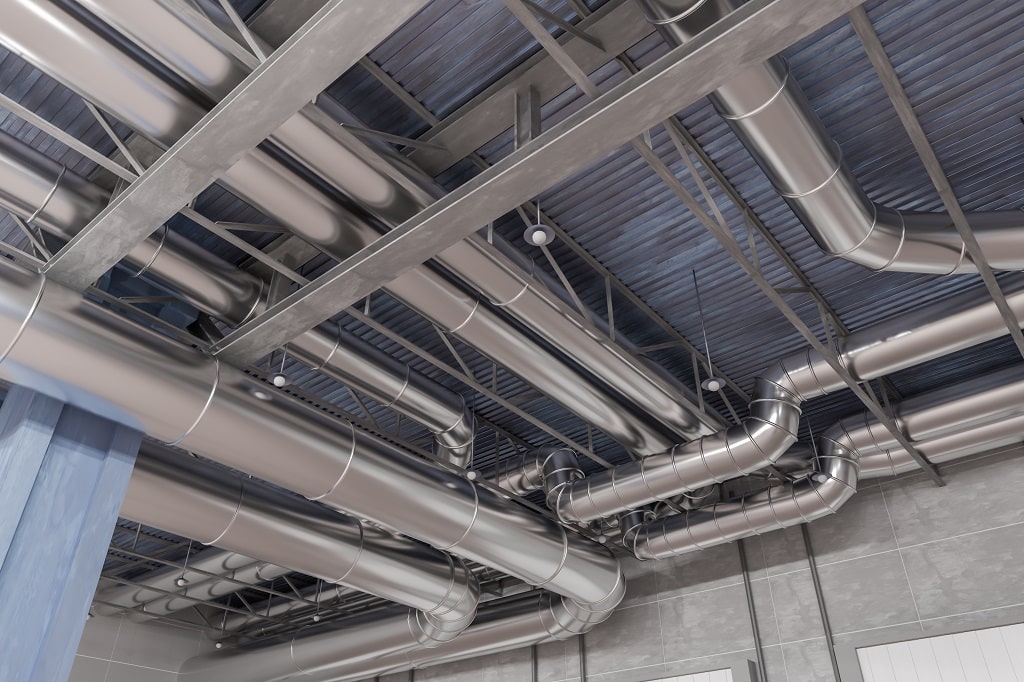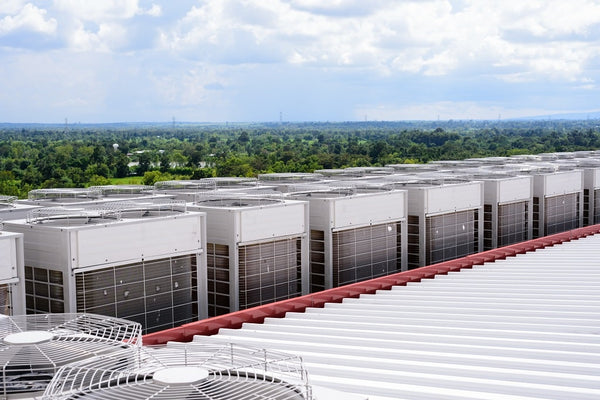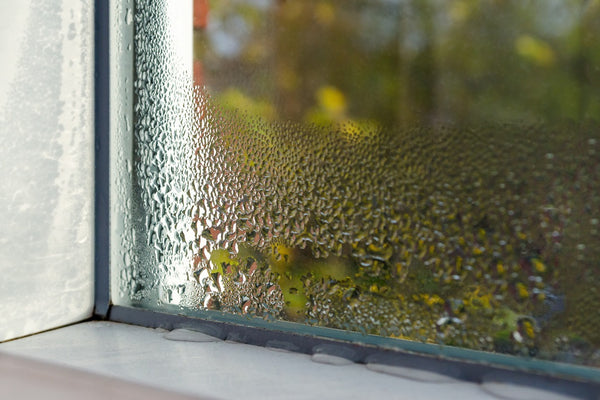
There are many differences between a commercial vs a residential HVAC system, but mainly it comes down to needs. The requirements of a residential HVAC system are not the same as those of a commercial HVAC system. Both have the same purpose which is to offer fresh air and comfortable temperatures.
However, the heating, cooling, and ventilation will significantly differ between a hospital and school, and home. There are 6 main differences between residential and commercial HVAC systems.
Shop for HVAC spare parts, dampers, and controllers now at Blackhawk Supply store!
HVAC SUPPLIES FOR SALEResidential and Commercial HVAC: Definitions
What Are Residential HVAC Systems?
A residential HVAC system is responsible for heating and cooling your home and comes equipped with furnaces, air conditioners, and heat pumps, as well as an air filtering apparatus.
What Are Commercial HVAC Systems?
A commercial HVAC system provides heating and cooling within a commercial space. This system is used for larger properties such as businesses, hospitals, restaurants, etc. It is equipped with many different parts to generate heat or cool air depending on the temperature set for that commercial establishment and its needs.
#1. Size of The Commercial and Residential HVAC System

In an HVAC system, size is significant; it is measured by the cubic feet of space it needs to heat and cool. Commercial HVAC units are generally larger because the areas they service are typically greater. In commercial buildings, HVAC systems will use more power and energy to cover the entire space. If the HVAC unit is not adequately sized for the space it needs to cover it will affect heating and cooling costs.
#2. Placement of AC Units
Residential systems are often placed in the backyards of the residence or on one of the sides of the home. In commercial HVAC systems, the HVAC unit will typically be placed on the rooftop of the facility. The size and noise level are the two main reasons why commercial HVAC systems are placed on roofs.
#3. The Complexity of the Residential and Commercial Systems
Another great difference between residential and commercial HVAC systems is the complexity of the equipment and its different parts. Residential HVAC units are stand-alone systems that are smaller in size and therefore have fewer components. Many residential HVAC technicians insist that complex HVAC systems are often overkilled for homes. A commercial HVAC system, on the other hand, is larger and must service greater areas, which translates to more components that are attached to it depending on a business's needs.
Industrial and commercial HVAC systems often require dampers and actuators. Industrial HVAC damper actuators are important components in commercial HVAC systems to ensure proper heating, cooling, and ventilation.
#4. The Mechanism of Commercial and Residential HVAC Units

Commercial HVAC units are interconnected systems that provide the building with heating, cooling, and ventilation to the entirety of the structure or individual floors and areas within that building.
The 2 types of heating mechanisms are radiant heaters and furnaces. With the AC component, conditioned air is moved throughout the building using pipes. Chillers produce cool water that is then distributed to air-cooling coils within the above-mentioned pipes.
#5. Maintenance Needs and Costs
HVAC systems are an important piece of equipment for both residential and commercial properties and they require regular inspection, preferably once a year by a qualified technician. This can significantly reduce the chance of costly breakdowns occurring in the HVAC system, reduce energy waste, and cut costs on energy bills.
Industrial or commercial HVAC maintenance is especially important because of the complexity of the HVAC system and its different components. Annual maintenance by a professional HVAC technician will help property managers extend the life of their HVAC unit and avoid costly repairs.
#6. Type of Drainage Required
It is important for an HVAC system, whether residential or commercial, to be outdoors to facilitate drainage due to the moisture that the air conditioners release. The water that flows through the white PVC or copper pipes in the HVAC unit needs somewhere to go. Drainage is a key component of any HVAC system.
Which One Is the Best for You?

For private homes, a residential HVAC unit is more than adequate. Because commercial properties tend to be larger and the surface they need to service is greater, it is recommended to get a commercial or industrial air conditioning system. Certain establishments such as hospitals or schools, for example, have different needs for heating, cooling, and ventilation than residential buildings and therefore must equip their structure with a commercial HVAC system.
The requirements of each building are unique. Don't hesitate to buy HVAC supplies today, whether you are an HVAC technician or a property owner. Be well-equipped for every season and make sure that everyone who resides, works, or visits your establishment is comfortable!





